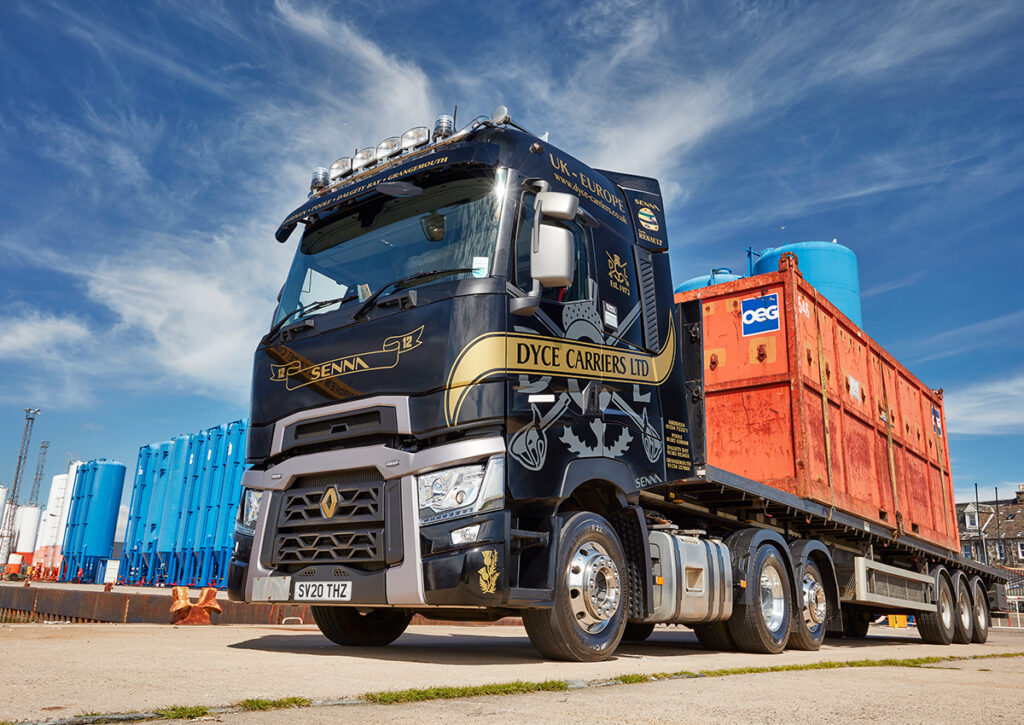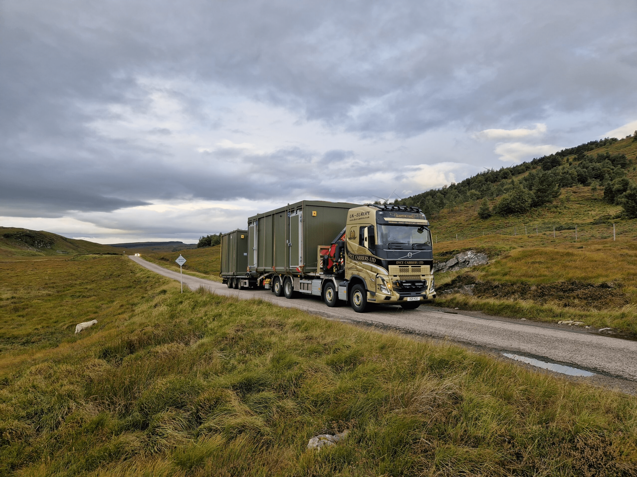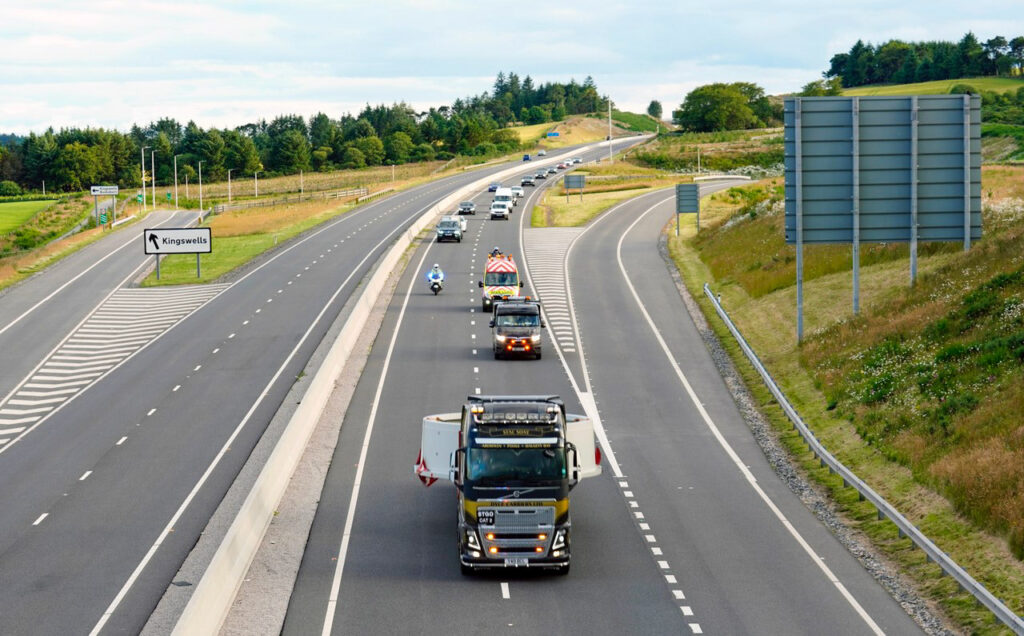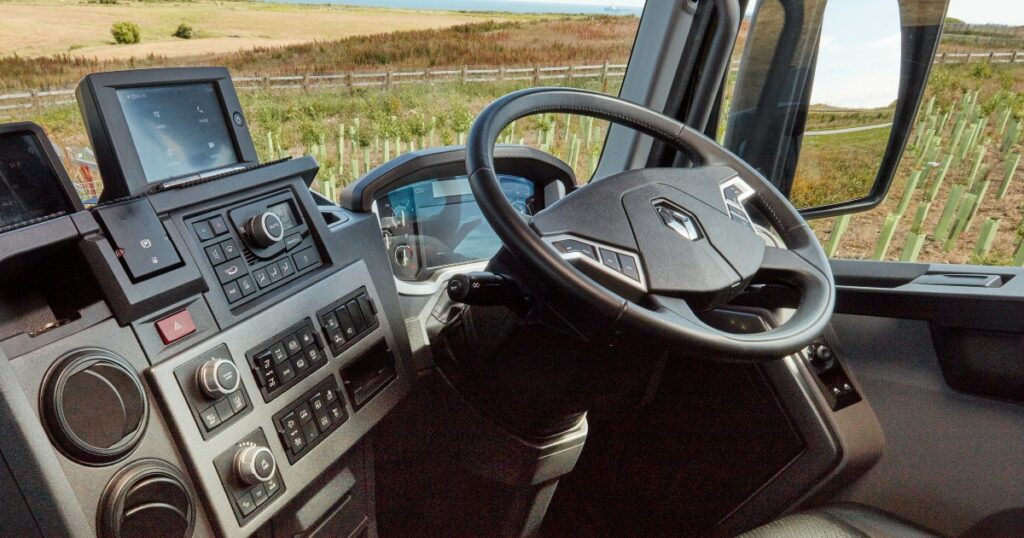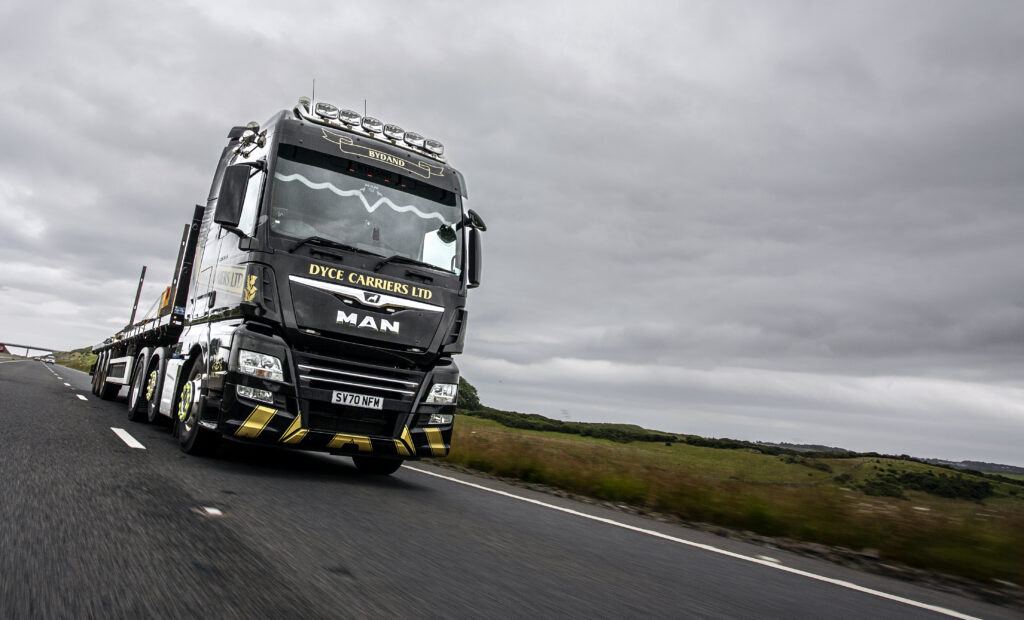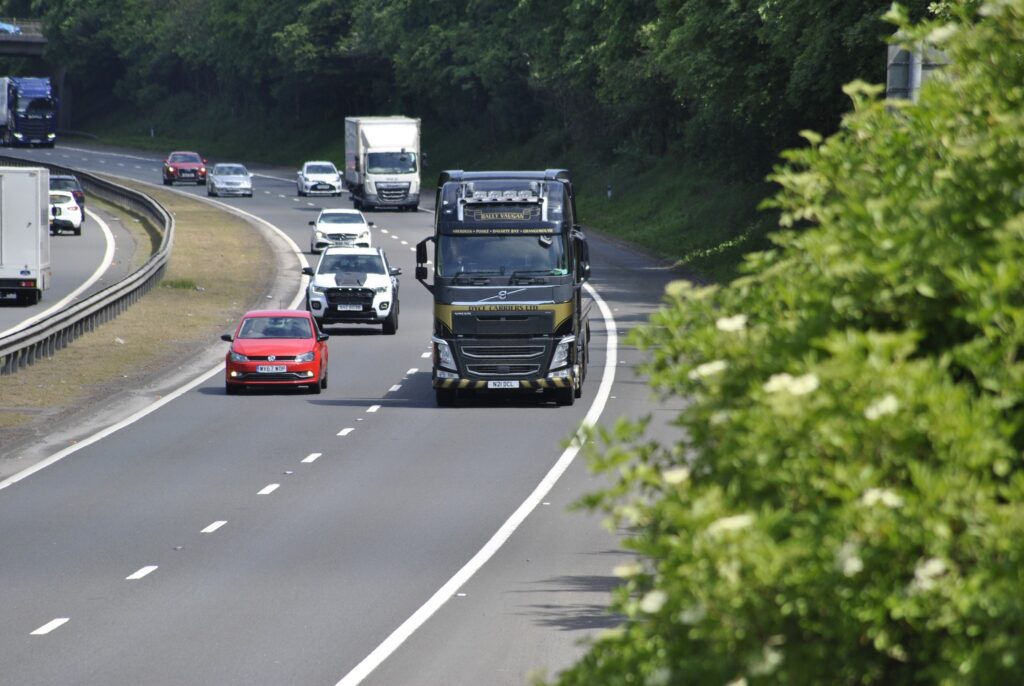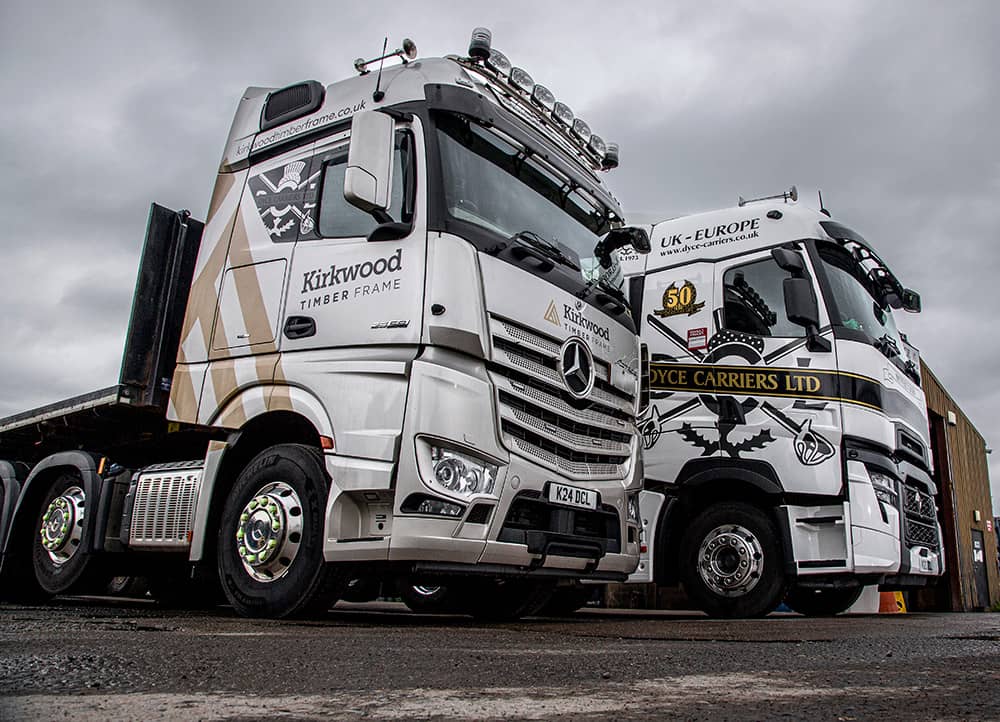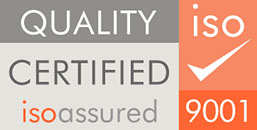Road haulage companies are a vital cog in the UK’s economic machine, ensuring that goods are transported efficiently across the country. In recent years, the industry has witnessed significant changes and challenges. With the increasing emphasis on sustainability, there’s been a shift towards alternative fuels and innovative methods to reduce the carbon footprint of haulage operations.
Moreover, the industry has had to grapple with workforce challenges, prompting the Road Haulage Association (RHA) to launch a skills manifesto in July 2023 to secure the future of the UK’s road transport sector, promising to “attract, train, and retain” a skilled workforce.
As businesses navigate these evolving landscapes, it becomes imperative to partner with road haulage companies that are not only aware of these challenges but are also proactive in addressing them.
Road haulage companies: Today’s landscape
The road haulage industry is a dynamic sector that has witnessed significant changes and milestones in recent years. As businesses expand and consumer demands evolve, road haulage companies have had to adapt, innovate, and overcome various challenges to meet these needs.
Sustainability and the environment
In the UK, road haulage companies have made notable strides in various areas. For instance, the industry has shown a keen interest in sustainability, with many road haulage companies exploring alternative fuels and innovative solutions to reduce their carbon footprint. This commitment to sustainability is not just a nod to global environmental concerns but a strategic move to ensure long-term viability in a rapidly changing landscape.
Legislative changes and environmental policies have been catalysts for this shift. The push for cleaner cities, exemplified by initiatives like London’s Ultra Low Emission Zone (ULEZ), has urged hauliers to reconsider their fleet’s environmental impact.
Brexit and regulatory changes
In the UK, road haulage companies have been at the forefront of adapting to significant changes in recent years. One of the most impactful events has been Brexit, which has introduced a myriad of challenges for the industry. The departure of the UK from the European Union has led to new regulatory and commercial landscapes, necessitating adjustments in the logistics sector both in the UK and the EU.
This has brought about new administrative burdens for UK exporters. For instance, freight costs for UK exports have seen a notable increase since the start of 2021. The cost for EU export loads from the UK has reached unprecedented levels due to European hauliers’ reluctance to pick up return loads, leading to a surge in empty trips.
Furthermore, Brexit has led to inconsistencies in rule interpretation across EU countries, adding another layer of complexity for UK exporters and European haulage companies. Each country’s unique requirements, possibly stemming from different VAT rates and IT systems, have made the export process even more challenging.
The combination of Brexit and the Covid-19 pandemic has also reshaped the skills landscape in UK logistics. There’s been a surge in demand for customs and export specialists, and the industry faces a driver shortage, exacerbated by the departure of many EU workers from the UK in 2020.
Brexit has also affected transit lead times between the UK and the EU. For example, transit times from the UK to Ireland have extended, and routes from Ireland to the EU have seen significant increases as companies try to bypass UK customs requirements.
Amidst these challenges is an opportunity to leverage technology and digitalise customs documentation in order to streamline the customs process. One thing is for sure, the resilience and adaptability of road haulage companies is evident as they continue to find ways to navigate these challenges and ensure the smooth transportation of goods.
Emerging challenges in the road haulage sector
Scotland’s road haulage industry is currently facing a unique combination of challenges. This convergence of issues is affecting not just the haulage sector but many other industries as well. Though there are steps that road haulage companies can take to combat these challenges, the instability brought about by these issues is predicted to persist.
Environmental concerns
The road haulage sector is at a pivotal juncture, with environmental concerns taking centre stage. As the global community becomes increasingly conscious of its carbon footprint, there’s a growing push for greener transportation solutions. Road haulage companies are no exception to this trend. They are under mounting pressure to adopt sustainable practices, from exploring alternative fuels to investing in electric or hybrid vehicles.
Emission regulations have further intensified the challenge. The UK, in particular, has set stringent emission standards, aiming to drastically reduce its greenhouse gas emissions by 2030. For road haulage companies, this means a need to revamp their fleets and operations to comply with these regulations. Non-compliance can result in hefty fines and a tarnished reputation, making it imperative for these companies to stay ahead of the curve.
Various industry initiatives underscore the commitment of UK hauliers to adopt sustainable practices. The COP26 summit held in Glasgow last year was a perfect example of this. Road haulage companies in the UK are actively exploring innovative solutions to reduce their carbon footprint. The Road Haulage Association (RHA) has been at the forefront of these efforts, advocating for sustainable practices and offering insights on the latest innovations in the sector.
However, the road to sustainability is not without its roadblocks. The initial investment required for green technologies can be substantial, with a limited return on investment in the short-term. Additionally, while alternative fuels present a promising solution, the infrastructure to support them, such as charging stations for electric vehicles, is still in the early stages of implementation.
As road haulage companies navigate these challenges, their resilience, adaptability, and commitment to sustainability will determine their success going forward.
Driver shortages
One of the main challenges that has arisen in recent years is a shortage of drivers in the UK. This shortage stems from various factors, including delays in testing and retirements, but has been exacerbated further by Brexit, as many European haulage drivers living and working in the UK returned home. The industry has been actively seeking solutions, with organisations like the RHA launching skills manifestos to attract, train, and retain the next generation of HGV drivers.
Additionally, fewer individuals are considering haulage as a long-term career. To address this, the industry has been increasing pay, but this is only a part of the solution. There’s a pressing need to improve roadside rest facilities and recognize professional driving as a key skill, warranting apprenticeship-style training and funding.
Training and upskilling have become paramount, not just to address the current shortage but to ensure that the industry is equipped with skilled professionals who can navigate the complexities of modern haulage. The emphasis now is on creating a sustainable talent pipeline, ensuring that the industry remains resilient in the face of current and future challenges.
Adverse weather and inadequate roads
Unpredictable weather patterns, and increased frequency of extreme snow and storms, can cause detrimental disruptions to the schedules of hauliers. Such disruptions not only delay deliveries but also increase operational costs and create health and safety concerns.
Inadequate investment in infrastructure also plays a part in exacerbating hazardous conditions for haulage drivers. Potholes, narrow lanes, and lack of proper signage can pose significant risks to large vehicles, especially in remote areas. These road conditions can lead to increased wear and tear on vehicles, higher maintenance costs, and, in some cases, accidents.
Governments must be proactive in addressing infrastructure concerns, prioritising the upgrade and maintenance of road networks to strengthen their resilient to adverse weather.
Supply chain disruptions
As a nation, Scotland is heavily reliant on global imports to meet its consumption needs. Recent political issues, such as Brexit, Covid-19 and Russia’s assault on Ukraine has prompted a number supply chain issues which have worsened the UK economy. The widely adopted “just in time” approach to production planning has been under significant stress due to shortages in materials, labour, and power. Over the last few years this has contributed to a growing cost of living crisis. Road haulage companies have continued to do their very best.
While the road haulage industry in Scotland faces numerous challenges, from environmental concerns to logistical issues, it remains a vital component of the nation’s economy. Addressing these challenges requires a combination of innovative solutions, long-term planning, and collaboration between industry stakeholders and the government.
Navigating the future of road haulage
At Dyce Carriers we’ve persevered through some challenging times during the 50 years we’ve been in operation. Over the years we’ve found that investing in the right people and equipment has been an integral part of our continued success. Our goal is always to provide the highest quality of service, which has helped us to remain competitive and resilient in an industry that has faced a lot of uncertainty in recent years. Our reliability sets us apart.
We believe strongly in leading by example, so with that in mind, here are our some strategies for navigating the future of road haulage:
Investing in sustainable solutions
Exploring alternatives to fossil fuels
At Dyce Carriers, we understand the environmental implications of our operations. That’s why we’re actively exploring alternative fuels and hybrid vehicles. Not only will this further reduce our carbon footprint but it also positions us at the forefront of our industry, so we wont be caught off guard if new legislation is introduced.
Embracing sustainable practices
Beyond our fleet, we’ve integrated sustainable practices throughout our operations. Few road transport companies can boast the accreditations we’ve achieved, which stand as a testament to our unwavering commitment to quality across all facets of our operations.
Our Environmental Care ISO 14001 accreditation, underscores our firm belief that environmental care isn’t just an optional extra but a fundamental duty for any road haulage company. As regulations around road transport evolve, we anticipate that environmental considerations will take centre stage. At Dyce Carriers, we’re leading the way, championing sustainable practices that set the gold standard for the industry.
Our commitment to going green
We’re deeply invested in our fleet, ensuring that each vehicle not only meets but surpasses environmental standards. This fleet investment strategy is a clear reflection of our broader commitment to the environment. We understand the pressing need for greener transportation solutions, and we’re actively taking steps to reduce our carbon footprint and lead the way in sustainable road haulage.
Leveraging technology for efficiency
Another way that road haulage companies can combat several of the challenges they face is by embracing innovative solutions that enhance their service delivery.
At Dyce Carriers, we are always looking for better ways to streamline our service, make life on the road easier for our drivers and track the progress and status of our deliveries. We do this through a game-changing app called eDriver. This tool has become indispensable in our daily operations. Every job we undertake is uploaded to the app, providing our drivers with all the information they need – from the type of cargo and its dimensions, to the load specifics, addresses, and precise collection times. This ensures that every delivery is executed with the utmost efficiency, reducing the chances of errors or delays.
Once the cargo has been delivered, our clients can sign for the job directly through the app on our drivers’ company phones. The drivers can then upload a photo as tangible proof of delivery and mark the job as complete. This digital approach not only boosts our operational efficiency but also instils a sense of trust and transparency with both our clients and drivers.
Furthermore, the real-time data provided by tools like eDriver allows us to gain invaluable insights into our operations. This data-driven approach ensures that we’re not just reacting to the industry’s challenges but proactively adapting and evolving to meet them head-on.
Building a resilient workforce
Fostering a culture of continuous learning
Our team is our greatest asset. We’ve fostered a culture where continuous learning is encouraged. Regular training sessions, workshops, and upskilling opportunities ensure our team is equipped with the latest knowledge and skills to excel in their roles.
Attracting the next generation of drivers
The future of the haulage industry lies in the hands of the next generation. At Dyce Carriers, we’re actively working to attract young talent. By offering competitive packages, growth opportunities, and a positive work environment, we aim to be the employer of choice for the future stars of the road haulage industry.
The road ahead for road haulage companies
As we navigate these challenging times, it becomes evident that the journey ahead presents a number of opportunities for road haulage companies. Collaboration is no longer just a buzzword; it’s the cornerstone of success. By forging strong industry partnerships and alliances, road haulage companies can share knowledge, resources, and best practices, ensuring a collective stride towards progress.
The transportation landscape is in a constant state of flux, influenced by technological advancements, regulatory changes, and global events. Staying agile, adapting to these shifts, and being responsive to the evolving needs of clients will be the differentiating factors for companies in the future. At Dyce Carriers, we’ve witnessed firsthand the transformative power of adaptability, and it’s a principle we champion daily.
To our peers in the road haulage sector: the horizon may seem uncertain, but it’s also filled with promise. Let’s proactively address the challenges that come our way, always looking for the silver lining and the opportunities they bring. Together, we can shape the future of road haulage, ensuring it’s not only prosperous but also sustainable and inclusive.

